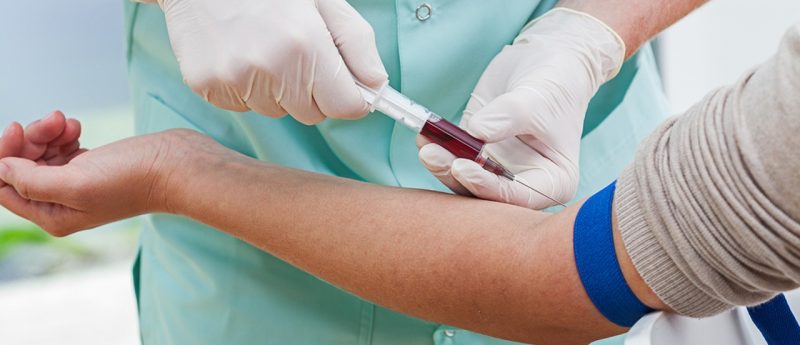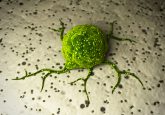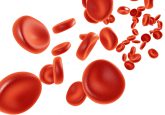How do cancer tumors develop resistance?

Scientists have developed a blood test to track the resistance of tumors in real time.
The Cancer Research UK team has recently revealed a new blood test for monitoring how tumors evolve and to ultimately answer the question of how tumors develop drug resistance. The test follows disease progression and resistance by examining circulating tumor DNA (ctDNA) found in the blood of cancer patients.
The study involved taking blood samples from six patients with advanced breast, ovarian and lung cancers over the course of 1–2 years. Levels of tumor ctDNA were observed before and after each chemotherapy treatment to assess how they changed. This meant that the scientists could identify which of the changes in tumor ctDNA correlated to drug resistance.
Director of clinical research at Cancer Research UK, Kate Law commented, “Research is helping us to find answers to one of cancers’ biggest questions – how tumors develop resistance to many of our most effective drugs.”
The method allowed the team to discover several changes linked to drug resistance in response to chemotherapy drugs, such as transtuzumab (Herceptin), which is used to treat HER2 positive breast cancers, paclitaxel (taxol), which is used to treat ovarian, breast and lung cancers, and tamoxifen, which is used to treat estrogen-positive breast cancers.
Not only does the new method provide an insight into how cancer tumors develop resistance but it also provides a novel, less invasive method of collecting ctDNA; the current more difficult and more invasive method involves taking a direct sample from the tumor.
An author of the study, Nitzan Rosenfeld commented, “Tumors are constantly changing and evolving which helps them develop a resistance to many of the drugs we currently give patients to treat their disease. We have shown that a very simple blood test can be used to collect enough tumor DNA to suggest to us what parts of the cancer’s genetic code is changing and creating tumor resistance to chemotherapy or biologically targeted therapies. We hope that our discoveries can pave the way to helping us understand how cancers develop drug resistance as well as identifying new potential targets for future cancer drugs.”
Sources: Scientists develop simple blood test to track tumour evolution in cancer patients; Murtaza M, Dawson S, Tsui D et al. Noninvasive analysis of acquired resistance to cancer therapy by sequencing of plasma DNA. Nature DOI: 10.1038/nature12065v (2013) (Epub ahead of print).





